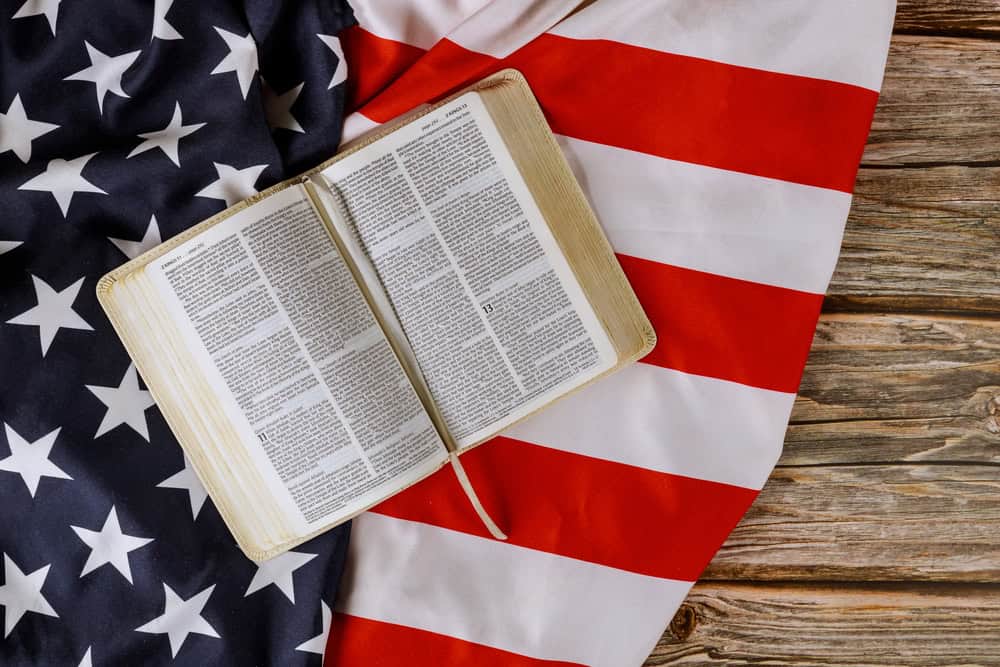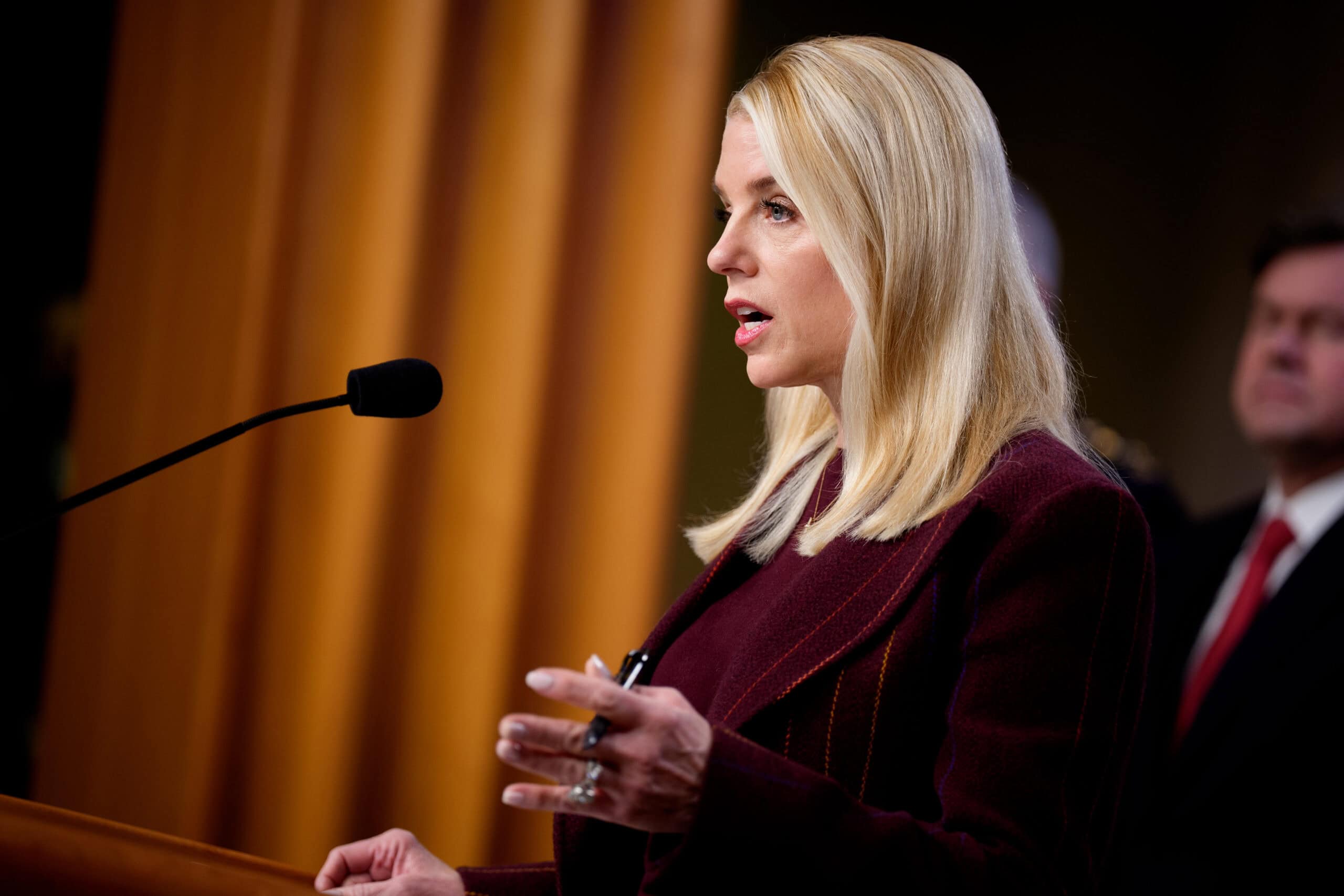Supreme Court Turns Down San Diego Church Request to Open on Same Terms as Malls, Businesses

A few minutes before midnight last Friday evening, the U.S. Supreme Court issued an order denying a San Diego church’s request for an emergency injunction that would have allowed it to open for Sunday worship services with the same occupancy and social distancing requirements as malls, businesses and other venues are entitled to under California’s re-opening orders.
This was a disappointing blow to religious freedom at a time when churches are fighting government closure orders around the country related to the COVID-19 pandemic.
South Bay United Pentecostal Church has a sanctuary that seats approximately 600 people. It has an average Sunday attendance of 200 to 300 worshippers. Under California’s re-opening plan, it can hold public in-church services, but is limited to either 25% of capacity, or 100 people, whichever is smaller, for each gathering. The church did not want to exclude some of its members from church premises while other secular enterprises, like businesses and malls, were allowed to operate with much larger crowds. It brought a First Amendment lawsuit against California, asking preliminarily for an injunction allowing it to open under the same conditions as other similarly situated secular entities.
This is not the typical constitutional case that the Supreme Court sees. In the span of only a few weeks, the case went from a federal district court judge to the 9th U.S. Circuit Court of Appeals to the U.S. Supreme Court, which denied the injunction request by a 5-4 vote. Disappointingly, Chief Justice John Roberts joined the liberal voting wing of the court to deny the church’s plea.
As noted legal expert Ed Whelan explains, this was not a typical case, and the high court did not even have to issue a written opinion explaining its reasoning. But Chief Justice Roberts wrote a short concurring statement as to why he believed the church was not entitled to relief, while Justice Brett Kavanaugh wrote a dissent, in which he was joined by Justice Neil Gorsuch and Justice Clarence Thomas. Justice Alito neither wrote a statement nor joined in one but would have granted the church’s request.
There are several takeaways from this case.
First, all the courts and judges around the country seem to understand and agree on the First Amendment issue in the abstract. That is, the government can only infringe on a First Amendment freedom like religious exercise when it has a compelling interest. A pandemic and the government’s interest in controlling it certainly passes the “compelling interest” test. However, the law must also be “neutral and generally applicable.” If the government targets religion specifically with a law, it loses. However, if the government treats religious and secular entities the same, it wins. But if the government exempts numerous secular entities from the same law that applies to religion, it can lose its “neutrality” argument.
Second – and this is where these cases come out differently – the factual issue in these church closure situations seems to turn on whether a church is more like a mall or retail business, or more like a theater or convention center. Some judges (including the Chief Justice) see churches as more like theaters and convention centers, where people congregate for long periods of time. Such entities have not been allowed to open as quickly as malls and businesses, because the government has concluded they pose more of a health risk. Some judges, including the Chief Justice, see churches being treated the same as those, which allows them to conclude there is no constitutional problem.
Other judges, such as Justice Kavanaugh, see no significant distinction between retail businesses and churches. As he wrote in his dissent from Friday’s order, “Assuming all of the same precautions are taken, why can someone safely walk down a grocery store aisle but not a pew? And why can someone safely interact with a brave deliverywoman but not with a stoic minister?”
Third, emergency injunction cases like this one don’t create binding legal precedent, but they also won’t help other churches that, at the moment, find themselves in the same predicament as South Bay. The Chief Justice’s concurrence in the denial of South Bay’s request will telegraph to other federal courts around the country that on this critical First Amendment question, churches do not have the necessary five votes in their favor at the Supreme Court. That could negatively influence every other pending church case.
This particular pandemic-related church closure issue may fade in importance as COVID-19 concerns lessen and states re-open. However, the deference shown by Chief Justice Roberts to government edicts in the South Bay case is disturbing and could encourage more troublesome government behavior in the future. Only time will tell.
Related:
California Church Asks Supreme Court for Emergency Order Allowing It to Open for Pentecost Sunday
ABOUT THE AUTHOR

Bruce Hausknecht, J.D., is an attorney who serves as Focus on the Family’s judicial analyst. He is responsible for research and analysis of legal and judicial issues related to Christians and the institution of the family, including First Amendment freedom of religion and free speech issues, judicial activism, marriage, homosexuality and pro-life matters. He also tracks legislation and laws affecting these issues. Prior to joining Focus in 2004, Hausknecht practiced law for 17 years in construction litigation and as an associate general counsel for a large ministry in Virginia. He was also an associate pastor at a church in Colorado Springs for seven years, primarily in worship music ministry. Hausknecht has provided legal analysis and commentary for top media outlets including CNN, ABC News, NBC News, CBS Radio, The New York Times, the Chicago Tribune, The Washington Post, The Washington Times, the Associated Press, the Los Angeles Times, The Wall Street Journal, the Boston Globe and BBC radio. He’s also a regular contributor to The Daily Citizen. He earned a bachelor’s degree in history from the University of Illinois and his J.D. from Northwestern University School of Law. Hausknecht has been married since 1981 and has three adult children, as well as three adorable grandkids. In his free time, Hausknecht loves getting creative with his camera and capturing stunning photographs of his adopted state of Colorado.
Related Posts

Pastor Son’s Trial and the Crisis in South Korea
January 22, 2026

Is Religious Faith Gaining Influence in America?
December 26, 2025


